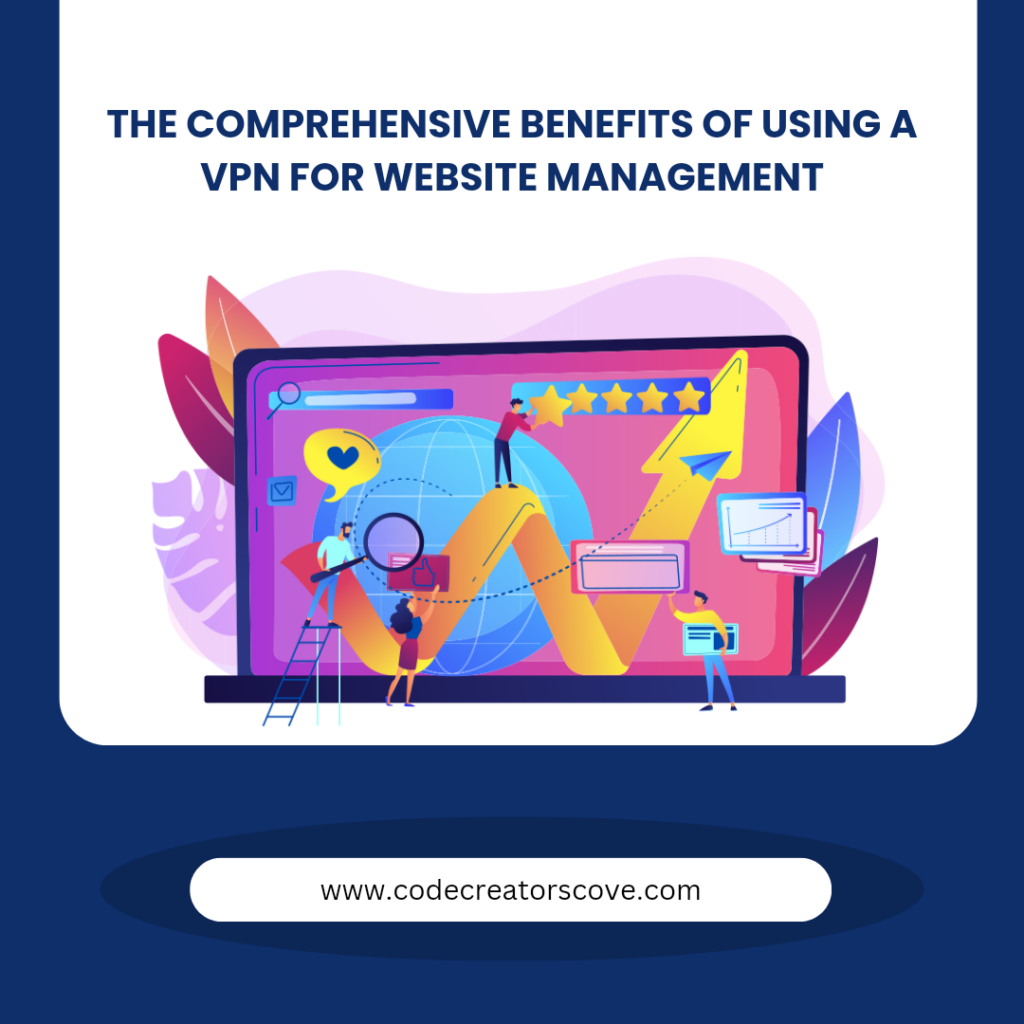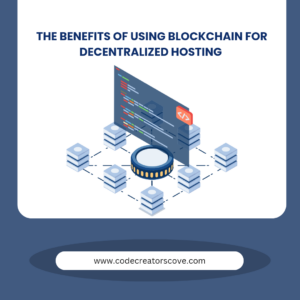Managing a website in the modern digital era is a complex and multifaceted task that requires a strong focus on security, privacy, and performance. Website managers face numerous challenges, from safeguarding user data to ensuring seamless access and robust site performance. A Virtual Private Network (VPN) can play a pivotal role in addressing these challenges. This article delves into the comprehensive benefits of using a VPN for website management, explaining how it enhances security, privacy, remote access, performance, and SEO insights.
The following are the benefits of using a VPN to boost your website management:
Enhanced Security
Security is the cornerstone of effective website management. The internet is rife with cyber threats, and websites are frequent targets for hackers. A VPN offers a robust layer of security by encrypting your internet connection, ensuring that data transmitted between your device and the website’s server is protected from eavesdropping and interception.
Encryption is particularly vital when dealing with sensitive information, such as user credentials, financial transactions, and personal data. Without encryption, this data is vulnerable to interception by malicious actors. A VPN ensures that even if data is intercepted, it remains unreadable and secure.
Additionally, VPNs provide protection against Distributed Denial of Service (DDoS) attacks. These attacks overwhelm your server with traffic, causing downtime and potentially significant financial and reputational damage. By masking your IP address, a VPN makes it much more difficult for attackers to identify and target your server directly, thus reducing the risk of DDoS attacks.
Improved Privacy
Privacy is another critical aspect of managing a website. Every action you take online, including website management activities, can be tracked and monitored by various entities, including ISPs, advertisers, and cybercriminals. Your IP address is hidden with a VPN, which makes it more difficult for outside parties to monitor your internet activity.
This enhanced privacy is crucial for maintaining the confidentiality of your management activities. For instance, if you are accessing your website’s backend from a public Wi-Fi network, a VPN ensures that your connection remains private and secure, preventing potential breaches.
Furthermore, utilizing a VPN makes it easier to abide with strict data privacy laws like the General Data Protection Regulation (GDPR). These regulations require businesses to implement robust privacy measures to protect user data. A VPN provides an extra layer of protection, ensuring that your website’s data handling practices are compliant with these legal requirements.
Secure Remote Access and Flexibility
The ability to manage your website remotely is essential, especially in an era where remote work is becoming increasingly common. A VPN enables secure remote access to your website’s backend from any location. This means you can perform administrative tasks, update content, and manage user data without being physically present at your office or home base.
For teams that collaborate remotely, a VPN is invaluable. It ensures that all team members can securely access the website’s backend and other critical resources, facilitating efficient collaboration without compromising security. This flexibility is especially useful for businesses with distributed teams or those that employ freelancers and contractors from different parts of the world.
Additionally, a VPN enables you to get beyond geographical limitations. Some tools and services necessary for website management may be restricted based on your location. With a VPN, you can connect to servers in different regions, allowing you to access these resources without any hindrance, ensuring a seamless workflow.
Enhanced Performance
Contrary to common belief, a VPN can also improve your website’s performance. Some ISPs engage in bandwidth throttling, intentionally slowing down your internet connection for certain activities, such as large file uploads or streaming. This throttling can negatively impact your website’s speed and functionality.
A VPN bypasses these restrictions by encrypting your traffic and routing it through different servers, ensuring that your connection remains fast and reliable. This unthrottled access is particularly beneficial when performing tasks that require high bandwidth, such as uploading large files, backing up your website, or deploying updates.
Furthermore, a VPN can reduce latency by connecting you to servers closer to your website’s hosting server. This reduced distance results in faster data transmission, leading to quicker response times and an overall improved user experience. This enhancement is crucial for maintaining a competitive edge, as website visitors expect fast and responsive sites.
Better SEO and Marketing Insights
Understanding how your website performs across different regions is essential for effective SEO and marketing strategies. Search engine results can vary significantly based on geographic location, impacting how your site ranks and how users find your content.
A VPN allows you to simulate searches from different locations, providing a more accurate picture of your website’s global performance. This capability enables you to identify areas for improvement and tailor your SEO strategies to target specific regions more effectively.
Additionally, a VPN helps you conduct competitor analysis without revealing your IP address. You can browse competitors’ websites and analyze their strategies from various locations without alerting them to your presence. This stealth approach provides valuable insights into their SEO tactics, content strategies, and overall performance, helping you stay ahead in the competitive landscape.
Conclusion
Incorporating a VPN into your website management strategy is a decision that offers multiple layers of benefits. From enhancing security and privacy to providing secure remote access and improving site performance, a VPN is an indispensable tool for modern website managers. It not only protects your data and ensures compliance with legal regulations but also offers practical advantages like unthrottled bandwidth, reduced latency, and better global SEO insights.
Investing in a reliable VPN service is a proactive step towards ensuring that your website remains secure, efficient, and competitive in the ever-evolving digital landscape. As cyber threats continue to grow and remote work becomes more prevalent, the role of VPNs in website management will only become more crucial. By leveraging the power and benefits of a VPN, you can safeguard your website, enhance its performance, and achieve greater success in your online endeavors.



One thought on “The Comprehensive Benefits of Using a VPN for Website Management”